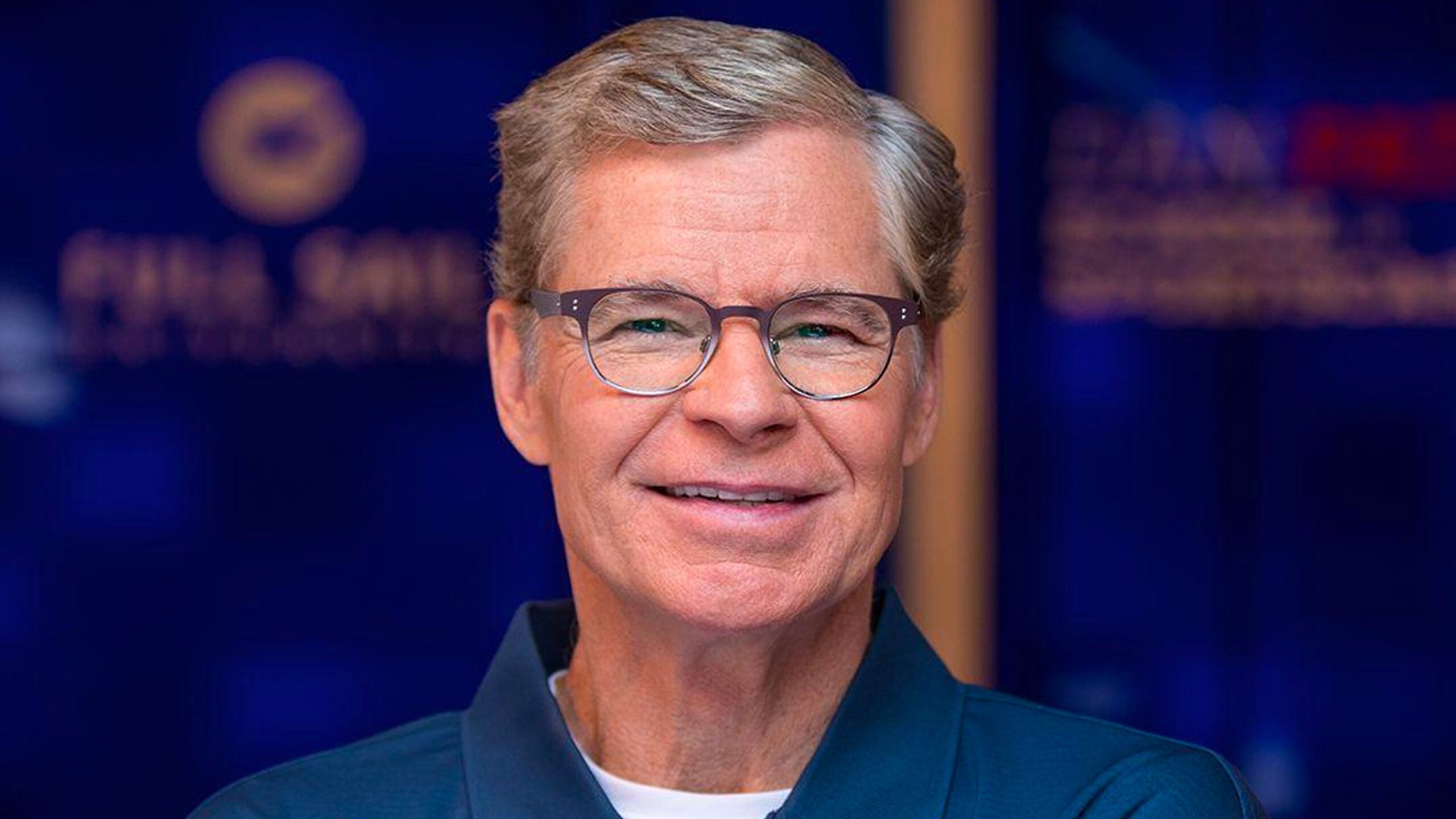The New York Yankees announced on Monday afternoon that longtime radio play-by-play announcer John Sterling is retiring effective immediately, ending his 36-year tenure calling games for the club. Sterling is widely regarded as having left an indelible legacy on Major League Baseball, coming on the air with his sonorous tenor and creative home run calls. Dan Le Batard took time out of the Tuesday edition of his program – The Dan Le Batard Show with Stugotz – to honor Sterling and his six-decade career working in sports media, explaining to his audience why Sterling is of such grandeur and significance within the sport.
Le Batard emphasized that Sterling is not retiring because of his health; rather, he is simply tired and does not wish to handle the heavy workload associated with the 162-game slate. Sterling leaves amid a season where the Yankees lead MLB in wins, albeit early in the 2024 regular-season campaign, and are projected to be competing for a World Series championships. Sterling was behind the microphone for six Yankees World Series championships and called 5,060 consecutive games, including every at bat in Derek Jeter’s Hall of Fame career.
“The baseball schedule is an insanity, and John Sterling is a bonafide legend when you broadcast that long, but it’s not in the perfectly pristine broadcasting case where Vin Scully exists,” Le Batard said. “From a bygone age – Ernie Harwell, old-time broadcaster who raises your dad, your grandad and you on baseball on the radio when America; when people wore top hats to the game and suits because baseball is our most historic sport – Vin Scully dies, and he takes that with him. John Sterling retires at the beginning of a Yankees season when they’re in first place.”
Within his remarks, Le Batard conveyed that Sterling should be celebrated as a legend who was broadcasting “for a time, a place and a team.” After the show played several of his broadcasting highlights and mistakes from over the years in addition to a clip of him being struck by a foul ball while on the air, Le Batard began to outline the changing times within the sports media industry by asking a question to his colleagues.
“Do you think the TikTok generation is going to have any understanding of a radio broadcaster mattering to a region on behalf of a team?,” Le Batard said. “This ends with this crop of broadcasters, right, where somebody is handed down – that the sport is handed down to you as a child from a parent or grandparent who was also listening to this person locally in the car as you grew up. That dies with this crop of broadcasters, right?”
As Le Batard explained his point, he underscored that he is not trying to insinuate that Sterling was the last broadcaster considered among the generation who can have that kind of an impact. Instead, he believes that there is never going to be anything like radio broadcasters in Major League Baseball because of the specific connection that has been created and maintained through radio across generations. Verne Lundquist, he stated, received a nice sendoff from The Masters over the weekend, something that most broadcasters will not get. Yet he understands that when you say the names of John Sterling or Verne Lundquist, it means something to the audience.
Jon “Stugotz” Weiner stated that Bob Uecker is still on the air for the Milwaukee Brewers, but Le Batard seems not to believe that people are going to be listening to games on the radio going forward. As a result of the multifarious content ecosystem through which sports are consumed, Le Batard is not sure if radio broadcasters will resonate with the next generation as they had in the preceding years.
“[John Sterling] is somebody who has existed in the traveling circus of the baseball economy going from place to place to broadcast on radio something to people back home who cannot see it,” Le Batard said. “That voice gets ingrained in a region, a people, gets passed down to families, and what I’m asking you is does it die now because it’s a very specific thing.”







